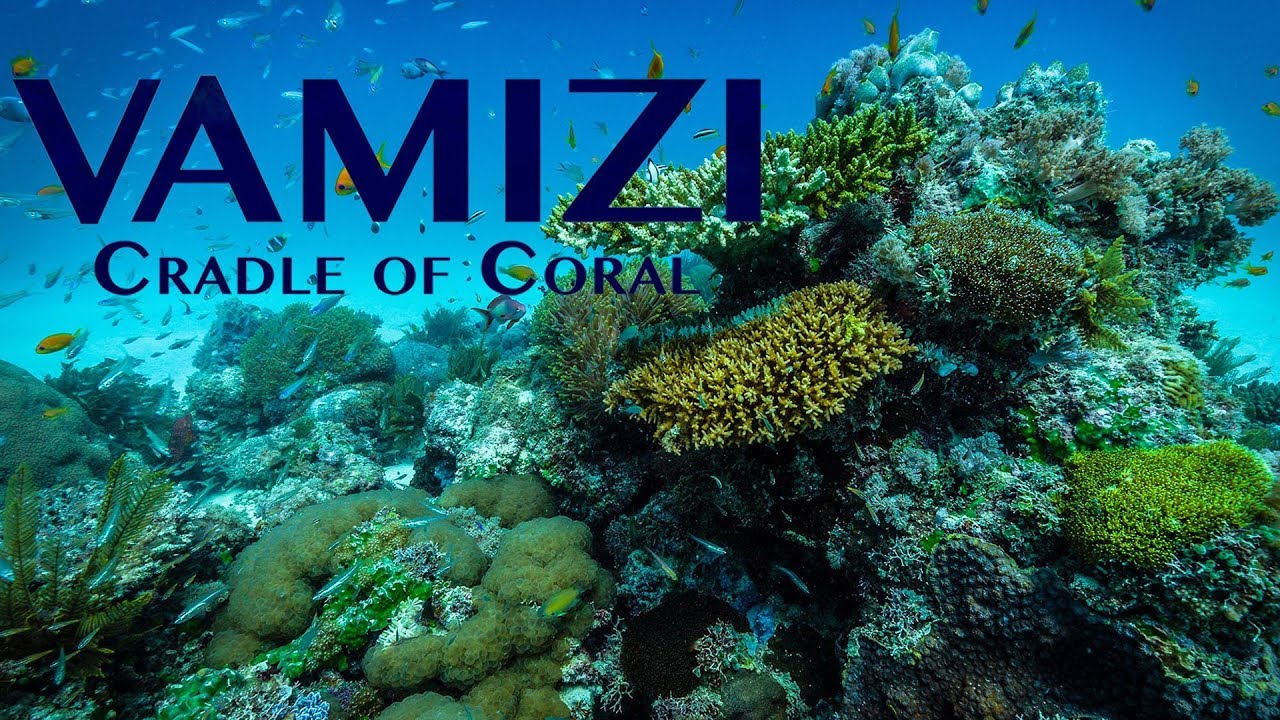#Film: VAMIZI
VAMIZI

The fascinating world of coral reefs Off the coast of Mozambique, a pristine and dazzling treasure chest awaits – one of the oldest coral reefs of the planet. But this paradise of biodiversity is under threat. Coral bleaching is a warning sign of global warming. VAMIZI takes us into the fascinating world of coral reefs and shows what we can protect by establishing HOPE SPOTS.
Coral reefs could be considered the rainforest of the seas. A healthy coral reef boasts greater biodiversity than any other place in the ocean. While these colorful underwater “forests” cover only one percent of the ocean floor, and estimates suggest that they are habitat for one in four sea dwellers. Over 4,000 species of fish, sponges, crustaceans, mollusks, starfish, turtles, sea snakes, and countless invertebrates and tiny organisms live in reefs – a total of over one million different species.
A coral reef is an important indicator of oceanic health – and they are sounding the alarm. “Coral bleaching” is a chemical process that is causing entire reefs to die off around the globe. Rising water temperatures and increased levels of carbon dioxide being absorbed by the oceans have unraveled the symbiotic relationship between the reef and the microscopic algae living on the coral.
The algae turn sunlight into food for the coral; in return, the coral serves as their anchor point. Without these algae, corals normally only survive for a short period of time because they become vulnerable to diseases that quickly settle on their surface. One of the causes of coral bleaching is increased water temperatures, which means there is a direct correlation between this destructive chemical process and global warming.
In order to protect places such as Vamizi, marine researchers like Dr. Sylvia Earle are advocating the creation of what are known as HOPE SPOTS around the world. These are protected zones in which corals and their inhabitants can flourish without being endangered by fishing or pollution, thereby giving the oceanic ecosystem a chance to regenerate.






